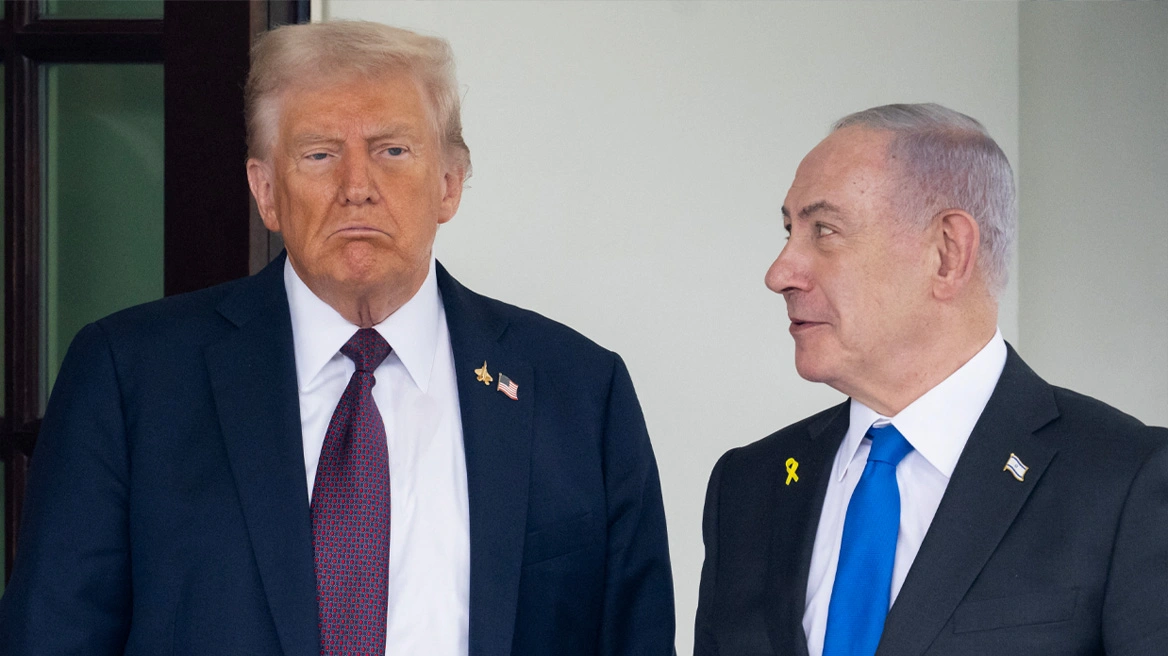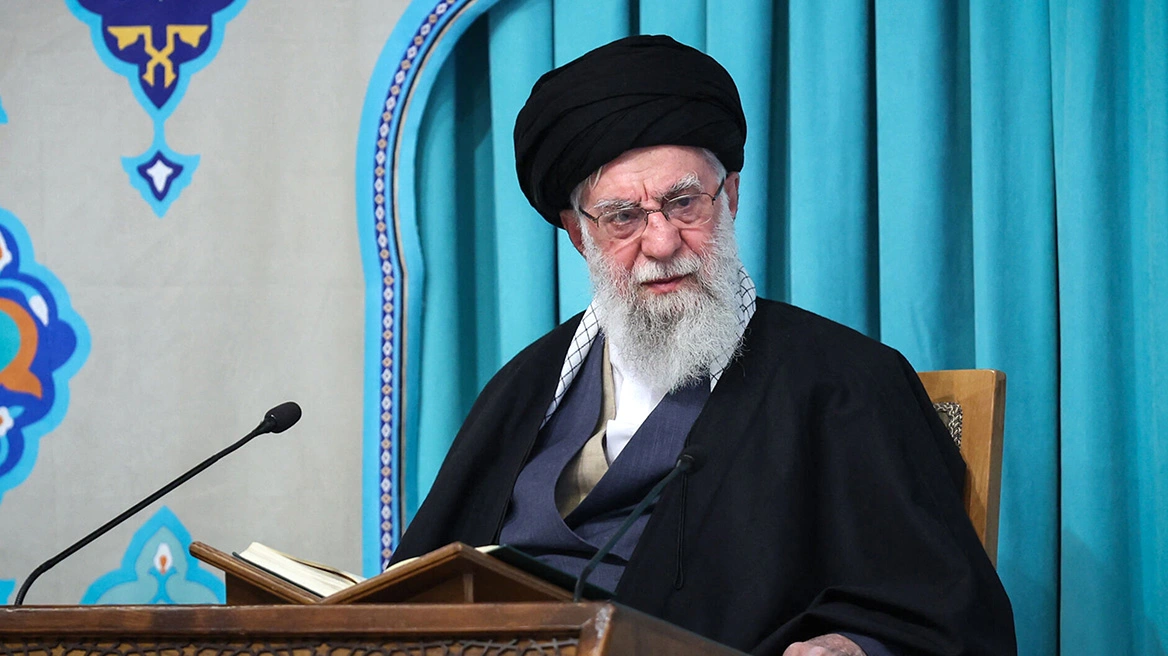As conferences, trade shows and other mass gatherings are getting cancelled left and right due to the coronavirus epidemic, it’s only natural that one of the biggest events of the year is also becoming a subject of discussion. That is of course the 32nd Summer Olympic Games, scheduled to be held in Tokyo from July 24 to August 9.
When Dick Pound, a senior member of the International Olympic Committee, floated the idea of cancelling the games in an interview with the Associated Press last week, sports fans around the world were put on red alert. While Pound stressed that “all indications are at this stage that it will be business as usual,” he also reassured athletes “that the IOC is not going to send you into a pandemic situation.” As for a possible postponement of the games until the situation has improved, Pound considers this option unlikely: “You just don’t postpone something on the size and scale of the Olympics. There’s so many moving parts, so many countries and different seasons, and competitive seasons, and television seasons. You can’t just say, `We’ll do it in October.’”
While Pound estimated that there is a two to three-month window to decide whether the virus is “under sufficient control” for the Olympics to go ahead as planned, the IOC didn’t want to wait that long to put any doubts to rest. “We made a decision, and the decision is the games go ahead,” IOC spokesperson Mark Adams said in a press conference on Tuesday. In an official statement on the matter, the IOC expressed “its full commitment to the success of the Olympic Games Tokyo 2020,” encouraging athletes to continue their preparations. The IOC also stated that it will “continue to follow the advice of the WHO,” however, leaving a backdoor open for an eventual cancellation in case the crisis worsens.
As the following chart shows, the Summer Olympics have only been cancelled three times in the modern era dating back to 1896. The 1916 games in Berlin fell victim to World War I and the 1940 and 1944 games, scheduled to be held in Helsinki and London, respectively, were cancelled due to World War II. Interestingly, the 2016 Rio games were also clouded by a health crisis, as many athletes refused to participate due to the ongoing outbreak of the Zika virus.
source statista

You will find more infographics at Statista
Ask me anything
Explore related questions





